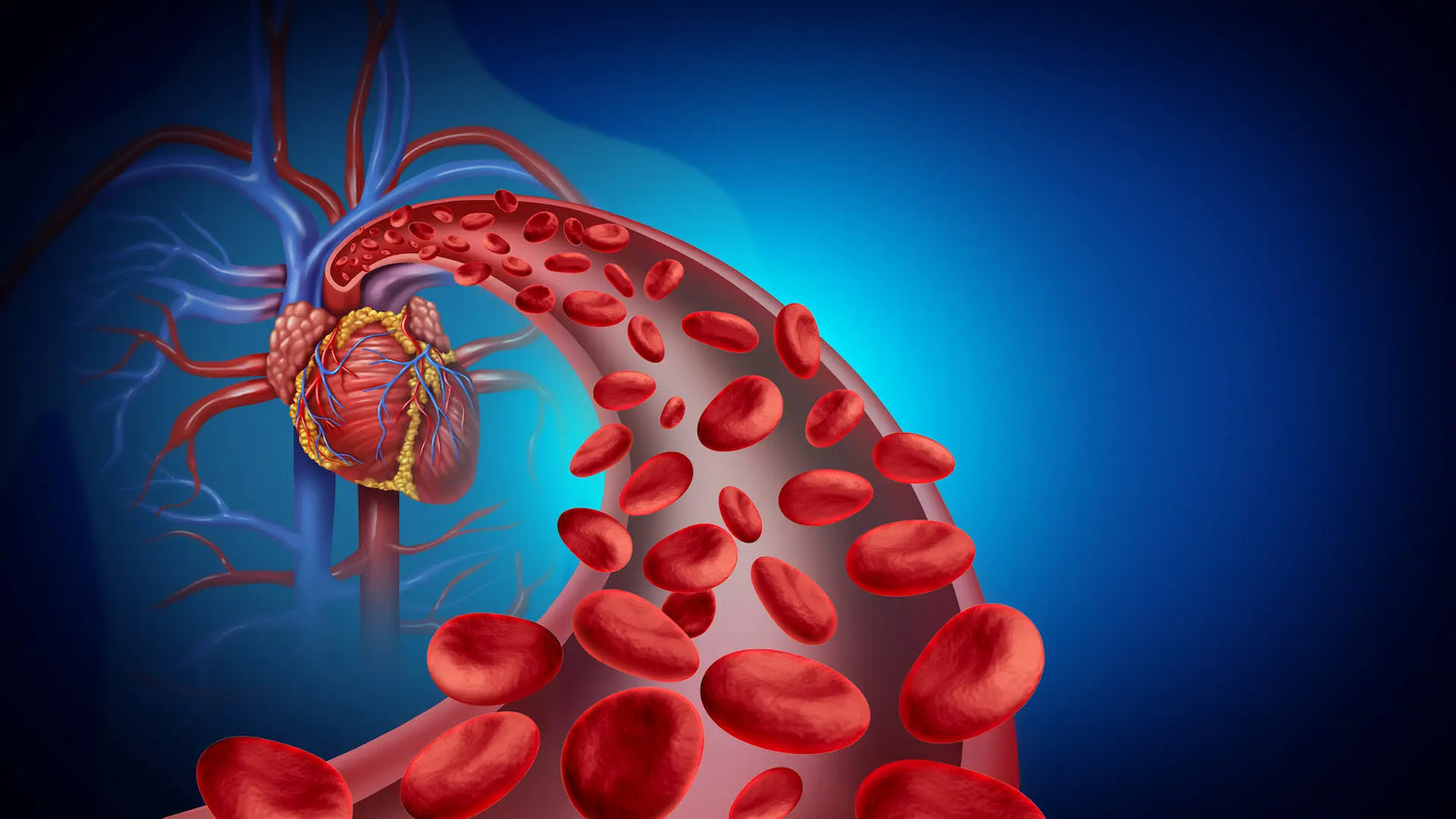Key Points
- NAD+ increased heart function
- Stress markers and functional status improved
- Hospitalizations and complications decreased
- NAD+ was well tolerated for heart disease patients
Methods
180 adults with heart failure were randomly split into two groups to receive either NAD+ or placebo. The main goal was to measure left ventricular ejection fraction (LVEF), which reflects how well the heart pumps blood.
- Placebo: Received 5% glucose and normal saline by IV once daily for 7 days.
- NAD+: Received 10 mg NAD+ by IV once daily for 7 days.
After the 7-day treatment, patients were checked at 1 month to see how their heart function changed, and then followed for 6 months to track hospitalizations, symptoms, and overall health.

Cardiac Function Increased
After one month, patients given IV NAD+ showed a greater rise in LVEF, reflecting measurable improvements in heart function.
"At 1 month, the NAD+ group demonstrated a significantly greater improvement in LVEF compared to the placebo group"
At both one month and six months, more patients given NAD+ showed improvement in New York Heart Association (NYHA) class, a doctor-rated measure of heart failure symptoms and ability to carry out daily activities.
"A greater proportion of patients in the NAD+ group demonstrated improvement in NYHA functional class… improvement was observed in 73.0% of participants receiving NAD+ versus 57.3% in the placebo group."

Health Outcomes Favored NAD+
Clinical outcomes also favored NAD+ with fewer patients in the NAD+ group experienced adverse health events (14.6% vs. 24.7%).
"The 6-month composite MACCE [Major Adverse Cardiac and Cerebrovascular Events] rate appeared lower among those receiving NAD+ treatment compared to the placebo group."
At six months, there was a reduction in unplanned hospital visits for heart failure in the NAD+ group. Previous research on NAD+ injections in animal models demonstrated similar protective effects against heart failure, providing preclinical evidence that supports these human clinical findings.
"Rates of first unplanned HF hospitalizations tended to be lower among patients receiving NAD+ than those receiving placebo".

This graph shows a lower number of major cardiac events in the NAD+ group (solid line) compared to the placebo group (dashed line).
Levels of NT-proBNP, a biomarker that reflects stress on the heart, suggesting that NAD+ may help lower heart strain. Larger studies are needed to confirm this effect.
"There was a trend towards reduced levels of NT-proBNP in the NAD+ group at 7 days."
Conclusion
This study shows that intravenous (IV) NAD+ can improve cardiac function in patients with heart failure caused by ischemic cardiomyopathy, helping the heart to pump more effectively.
"This study has confirmed that supplementation with NAD+ can enhance cardiac function in patients with HF due to ICM, thereby affirming its beneficial impact on cardiac performance."
Not every result was statistically significant, but the consistent improvements in heart function and hospitalization trends suggest real promise.
"Trends indicating reductions in NT-proBNP levels and composite clinical events (particularly HF hospitalization) and improvements in NYHA functional class were noted, suggesting potential broader clinical benefits"
Importantly, NAD+ was safe and well tolerated, showing potential as an add-on to current heart failure treatments. Clinical experience with NAD+ IV infusions in heart failure patients continues to build evidence for this therapeutic approach, though larger studies will be needed to confirm these benefits and understand how NAD+ could fit into long-term care for cardiovascular disease.




